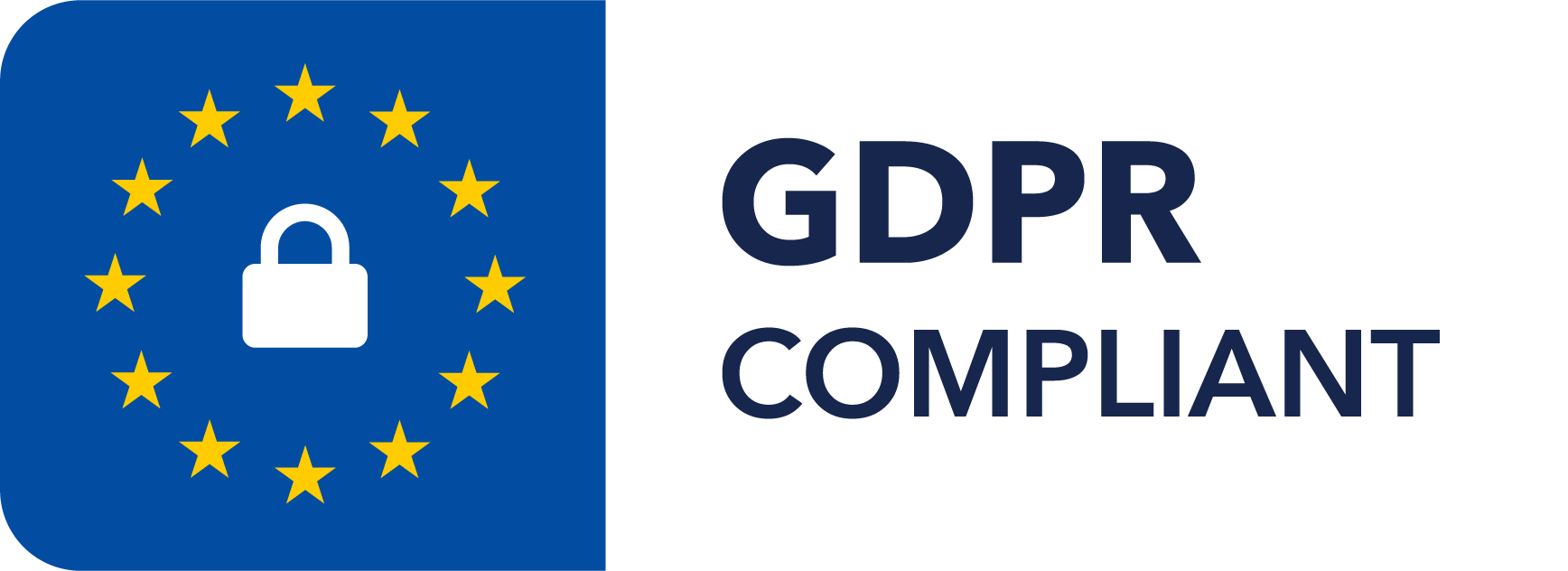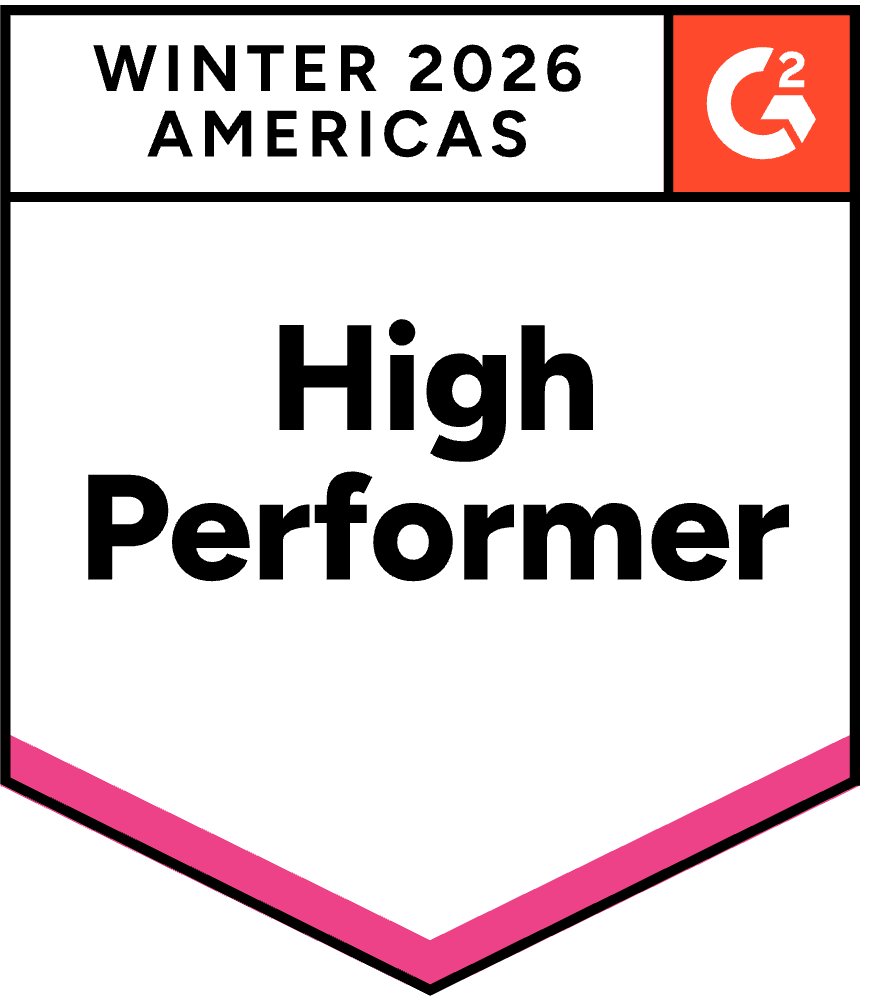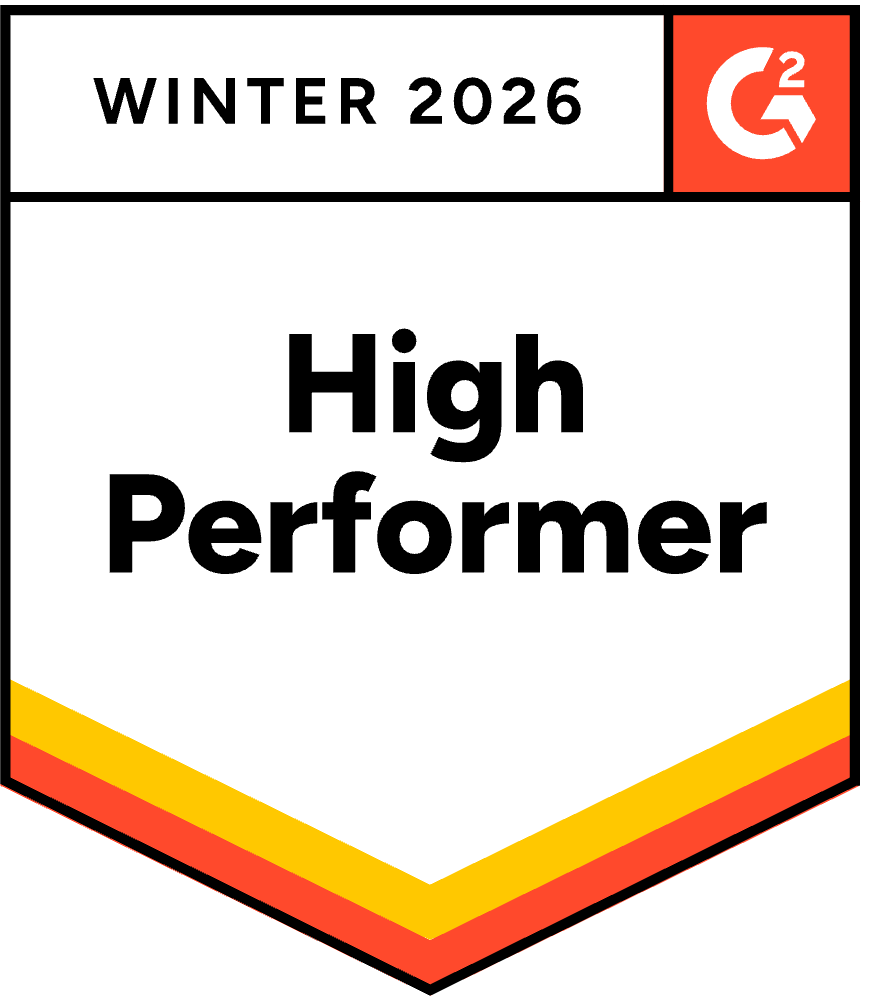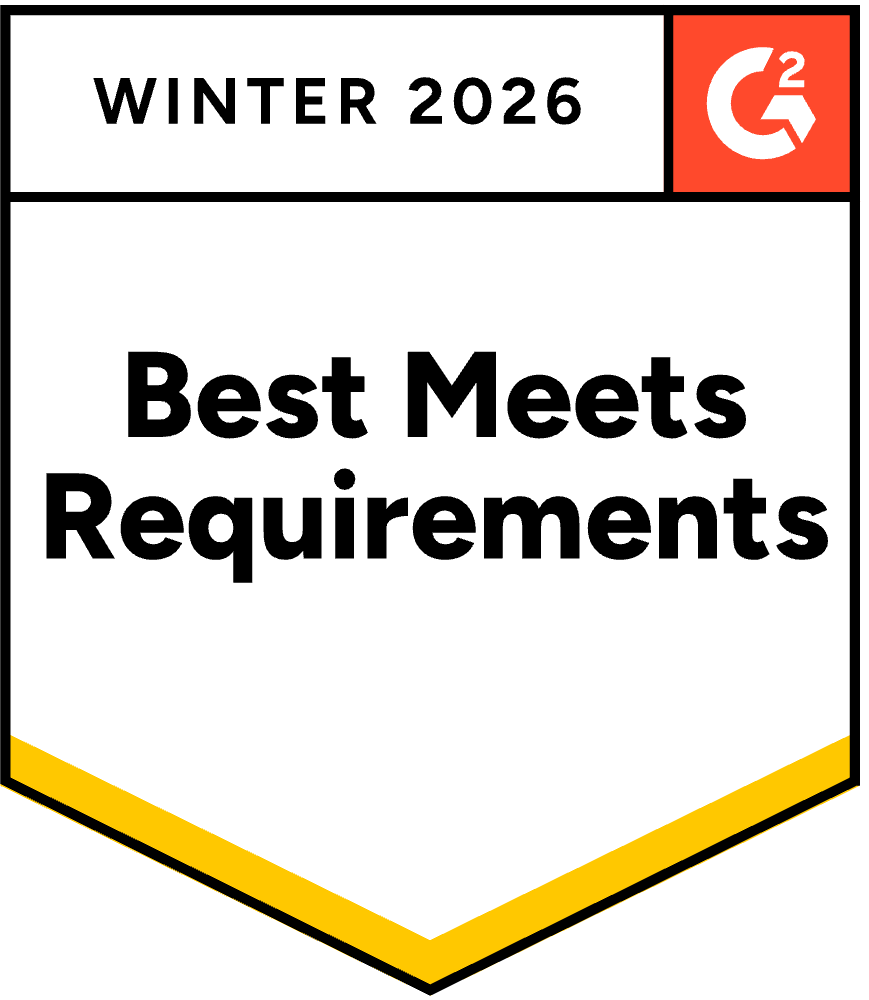Due Diligence Questionnaire: How to Respond Effectively
February 20, 2025
By
Evie Secilmis
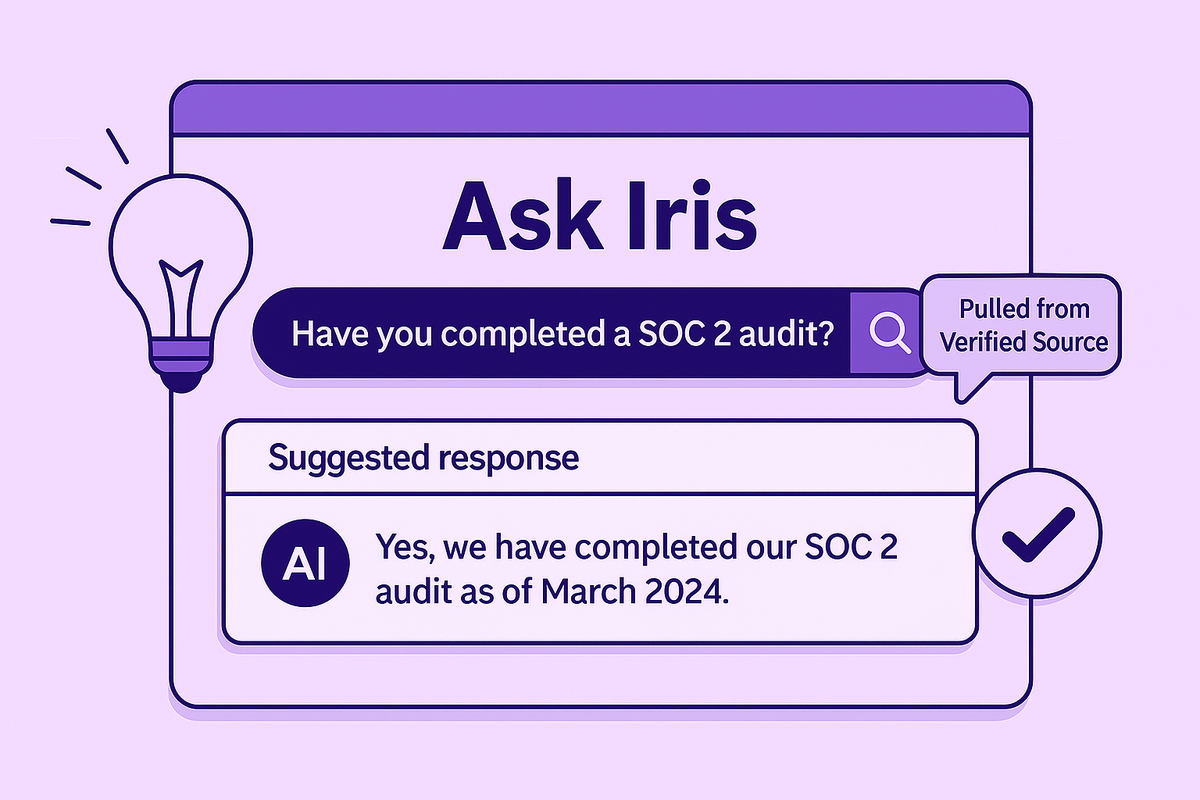
Mastering the Craft of Responding to Due Diligence Questionnaires
That sinking feeling when a due diligence questionnaire (DDQ) arrives? We've all been there. It can feel like a tedious hurdle slowing down a promising deal. But it's also a massive opportunity to build trust. A strong ddq response isn't just about compliance; it’s your chance to prove your company is organized, transparent, and the reliable partner they need. With a smarter strategy, and maybe some help from ddq software, you can turn this challenge into a powerful tool that helps you close deals faster.
What is a Due Diligence Questionnaire (DDQ)?
Think of a Due Diligence Questionnaire, or DDQ, as a formal background check for businesses. Before a company makes a major move—like an investment, a merger, or a partnership—they need to understand exactly who they’re getting into business with. A DDQ is the tool they use to do that. It’s a formal document filled with questions designed to investigate a third party's compliance, operations, financial health, and other potential risks. By asking detailed questions upfront, companies can get a clear picture of a potential partner’s stability and integrity, ensuring there are no surprises down the line. It’s a critical step for making informed decisions and protecting everyone involved.
The Purpose of a DDQ: Identifying and Reducing Risk
At its core, a DDQ is all about risk management. Its primary purpose is to uncover any potential liabilities or red flags before a deal is finalized. The questions are structured to pull back the curtain on a company’s inner workings, from its financial stability and legal history to its cybersecurity protocols and operational procedures. This process helps the inquiring party assess the level of risk they would be taking on. A thorough DDQ provides the necessary transparency to build trust and confidence between parties, laying the groundwork for a secure and successful partnership. It’s not just about finding problems; it’s about understanding the full context of a business relationship.
Who Uses DDQs?
DDQs are especially common in sectors where risk and regulation are high, such as technology, government, and finance. However, their use isn't limited to just a few industries. You'll find a wide range of professionals working with these documents, including teams in finance, legal, mergers and acquisitions, IT, and purchasing. Essentially, anyone involved in vetting a potential partner, vendor, or investment opportunity will likely encounter a DDQ. It’s a standard tool for anyone tasked with ensuring a new business relationship is sound from every possible angle.
The Importance of Confidentiality and NDAs
Given the sensitive nature of the information requested in a DDQ, confidentiality is paramount. Companies are often asked to share proprietary financial data, internal policies, and other private details. To protect this information, the process almost always begins with a Non-Disclosure Agreement (NDA). This legal contract ensures that all the shared data remains confidential and is used only for evaluation purposes. An NDA is a crucial first step that allows both parties to share information openly while safeguarding their sensitive business intelligence.
Understanding the Full Due Diligence Process
The DDQ is a key component, but it’s just one piece of the larger due diligence puzzle. The full due diligence process is a comprehensive investigation into a business or investment opportunity. It involves a deep analysis of financials, contracts, corporate records, and more to confirm facts and assess value. The DDQ serves as a structured guide for this investigation, ensuring all critical areas are covered systematically. It helps organize the flow of information and makes the overall process more efficient. Think of the DDQ as the roadmap, while the full due diligence process is the journey itself, involving verification, analysis, and validation of the information provided.
The DDQ's Role in Due Diligence
The DDQ plays a vital role in making the complex process of due diligence manageable. By providing a standardized set of questions, it ensures that no stone is left unturned and that all parties are evaluating the same core information. This structured approach helps make the process of checking new partners much smoother by putting all important information in one place. For the team responding, organizing answers to hundreds of detailed questions can be a huge undertaking. This is where an AI-powered platform like Iris becomes a game-changer, helping you manage, source, and generate accurate responses quickly, turning a month-long project into a matter of days.
Commercial, Legal, and Tax Due Diligence
Due diligence isn't a one-size-fits-all activity. It’s typically broken down into several specialized areas to cover all bases. Commercial due diligence examines the market, competition, and business model. Legal due diligence reviews contracts, litigation history, and corporate structure. Financial due diligence scrutinizes financial statements and health, while tax due diligence focuses on tax compliance and potential liabilities. Each of these types of due diligence focuses on specific areas of risk, providing a holistic view of the target company.
What is Reverse Due Diligence?
Due diligence is usually thought of as a one-way street, with an investor or acquirer investigating a target company. However, the process can also work in the other direction. Reverse due diligence is when the company being acquired or invested in does its own homework on the potential partner. This is especially important for startups or sellers who want to ensure their new partner has a good reputation, financial stability, and a compatible vision. It’s a smart move to confirm that the deal is a good fit for them, too.
A Framework for Due Diligence: The Four P's
To bring structure to the due diligence process, many investors and analysts use a framework known as the "Four P's": People, Performance, Philosophy, and Process. This framework provides a clear and comprehensive way to evaluate an investment opportunity or a potential business partner. By breaking down the assessment into these four key categories, you can ensure a thorough and well-rounded investigation. It helps you look beyond the numbers and understand the qualitative factors that often determine long-term success. Let's take a closer look at each of these components.
People
The success of any company often comes down to the people behind it. This part of the framework focuses on the leadership team and key personnel. You’ll want to check the team behind the investment. Are they experienced and skilled in their industry? Do they have a proven track record of success? This involves looking at their backgrounds, references, and past ventures. A strong, cohesive, and trustworthy team is one of the most valuable assets a company can have, and it’s a critical factor in any due diligence assessment.
Performance
Performance is all about the numbers and tangible results. This is where you analyze the company's historical performance to predict its future potential. This involves a deep dive into financial statements, sales figures, customer retention rates, and other key performance indicators (KPIs). For investment funds, you would look at how well past investments have done, including returns and losses. Strong past performance is often a good indicator of a well-run business with a solid strategy and market position.
Philosophy
Understanding a company's or investment manager's philosophy is about getting to the "why" behind their strategy. What are their core beliefs and values? What is their overarching approach to business or investing? This involves assessing their mission, vision, and the principles that guide their decision-making. A clear and consistent philosophy suggests a disciplined and thoughtful approach, which can be a strong indicator of long-term stability and success. It helps ensure that your goals and values are aligned with your potential partner's.
Process
A great philosophy is meaningless without a solid process to execute it. This final "P" examines the "how"—the methods and systems the company uses to operate and make decisions. Is their investment process clear, repeatable, and disciplined? Do they have robust operational procedures and risk management systems in place? A well-defined and consistently applied process is crucial for achieving reliable results and managing risk effectively. It shows that the company's success is based on a sound system, not just luck.
Common Topics and Question Types in a DDQ
Due Diligence Questionnaires can be incredibly comprehensive, often running into hundreds of questions covering every facet of a business. The goal is to leave no ambiguity and provide a complete operational and financial snapshot. The questions are typically grouped into logical categories to make the document easier to follow, though the sheer volume can still be overwhelming for the responding team. Common topics range from high-level corporate structure and governance to the nitty-gritty details of data security protocols and employee contracts. Understanding these common themes can help you prepare your information and streamline your response process.
Key Areas of Investigation
While every DDQ is tailored to the specific transaction, most will focus on important areas like compliance, cybersecurity, data security, and disaster recovery plans. These topics are critical in today's business environment, where data breaches and regulatory fines pose significant threats. The inquiring party needs to be confident that their potential partner has robust systems in place to protect sensitive information and maintain business continuity. Expect detailed questions about your security policies, compliance certifications, and incident response plans, as these are key indicators of operational maturity and risk management.
Company Background and Governance
This section sets the stage by asking for fundamental information about the company. Questions often fall into categories like company background, financial information, employee details, and legal issues. You’ll be asked about your corporate structure, ownership, board of directors, and key management personnel. This information helps the other party understand who is running the show and how the company is governed, providing insight into its stability and leadership.
Legal and Regulatory Compliance
No one wants to inherit a lawsuit or a regulatory fine. This section of the DDQ is designed to uncover any existing or potential legal and compliance issues. It helps the company asking the questions understand any dangers or problems involved in a deal. You’ll be asked about any past, pending, or threatened litigation, as well as your compliance with relevant industry regulations, such as GDPR or HIPAA. Providing clear and honest answers here is crucial for building trust.
Intellectual Property and Operations
For many companies, especially in the tech sector, intellectual property (IP) is their most valuable asset. DDQs need to be very detailed to find all possible risks, including those related to IP. This section will include questions about your patents, trademarks, copyrights, and trade secrets, as well as any IP-related disputes. The operations questions will dig into your day-to-day business processes, supply chain, and key vendor relationships to assess operational efficiency and risk.
Examples of Standardized Industry DDQs
To create consistency and efficiency, several industries have developed standardized DDQ templates. These templates provide a common framework of questions that are widely recognized and accepted, saving both sides the trouble of creating a questionnaire from scratch. Using a standardized DDQ ensures that all the essential questions are asked and makes it easier to compare different investment opportunities or vendors. These templates are often developed by industry associations and reflect best practices and key areas of concern for that specific sector.
ILPA DDQ for Private Equity
The Institutional Limited Partners Association (ILPA) has developed one of the most widely used standardized questionnaires in the financial industry. The ILPA DDQ helps investors ask standard questions when they are first looking into a private equity fund manager. It covers topics like fund strategy, team composition, track record, and governance. Its widespread adoption has brought a much-needed level of transparency and consistency to the private equity due diligence process.
ESG DDQ for Sustainability Practices
With a growing focus on sustainability, Environmental, Social, and Governance (ESG) factors have become a critical part of due diligence. The ESG DDQ is used to identify risks and best practices related to environmental and social responsibility in investing. It asks questions about a company's carbon footprint, labor practices, diversity and inclusion policies, and board oversight of ESG issues. This helps investors align their capital with companies that demonstrate strong ethical and sustainable practices.
AIMA DDQ for Hedge Funds
The Alternative Investment Management Association (AIMA) provides a set of DDQs tailored to the hedge fund industry. The AIMA DDQ is designed to help investors assess the operational and compliance risks of hedge funds. It covers areas like risk management, valuation policies, and regulatory compliance. Given the complexity of hedge fund strategies, this standardized questionnaire is an invaluable tool for investors to conduct thorough and consistent due diligence.
ABAC DDQ for Anti-Bribery and Corruption
In a global business environment, the risk of bribery and corruption is a major concern. The Anti-Bribery and Anti-Corruption (ABAC) DDQ is specifically designed to address this risk. It checks for anti-bribery and corruption practices by asking detailed questions about a company's compliance programs, internal controls, and training for employees. This helps companies ensure they are not partnering with entities that could expose them to legal and reputational damage under laws like the Foreign Corrupt Practices Act (FCPA).
How to Create a Winning DDQ Response Strategy
A comprehensive DDQ response strategy begins with organization. Assign a dedicated team to manage responses, set clear deadlines, and implement an internal review process. Ensuring a seamless workflow minimizes delays and enhances the quality of responses.
Streamline Your Workflow with DDQ Software
Efficiency is key when dealing with extensive questionnaires. DDQ automation softwarestreamlines response management by utilizing AI-driven tools to maintain consistency, reduce redundancy, and improve response accuracy. Implementing automation not only accelerates the process but also ensures compliance with industry standards.
Using AI to Automate the Due Diligence Questionnaire Process
Tackling a DDQ often feels like a massive, manual project, pulling your team away from other critical tasks. This is where AI-powered automation changes the game. Instead of hunting down answers one by one, you can use specialized software to streamline the entire workflow. These tools act as a central knowledge hub, storing and organizing your company’s information—from financials and legal compliance to operational details. When a new DDQ arrives, the AI can instantly suggest pre-approved answers, assign tasks to the right team members, and ensure consistency across all your responses. Platforms like Iris take it a step further by proactively identifying outdated information in your knowledge base, so you can be confident you’re always providing the most current and accurate data. This not only saves countless hours but also presents a more polished, reliable front to potential partners.
How to Prioritize Compliance and Data Protection
Regulatory compliance remains a top priority in due diligence assessments. Clearly outlining your company’s compliance measures, data protection policies, and disaster recovery plans reassures stakeholders of your commitment to security and operational stability. A well-documented approach to these areas strengthens confidence in your organization’s resilience.
Demonstrating Your Financial Transparency
Providing clear and accurate financial details is crucial for establishing credibility. Organizations should proactively share insights into their financial transparency initiatives, ensuring potential partners understand their financial health and risk management capabilities.
How to Strengthen Your Vendor Risk Management
A structured vendor risk management framework is essential for identifying and mitigating risks associated with third-party partnerships. Detailing risk assessment protocols and ongoing monitoring strategies reinforces your organization’s commitment to maintaining a secure supply chain.
Why Third-Party Risk Matters
Your business is only as strong as its weakest link, and that link is often a third-party vendor. It’s a sobering thought, especially when you learn that about 60% of security problems come from outside partners. But the risk goes far beyond data breaches. We’re talking about potential financial instability, legal non-compliance, and operational hiccups that can disrupt your entire business. This is precisely why DDQs exist. They serve as a formal investigation into a potential partner's compliance, operations, and overall health *before* you sign on the dotted line. By identifying these liabilities early, a company can avoid major risk exposure, and you get the chance to prove you’re a secure, reliable partner worth investing in.
Answering Security Questionnaires with Confidence
Security plays a pivotal role in the due diligence process. Ensuring that security questionnairescomprehensively address data security, encryption policies, and access controls demonstrates a proactive stance on safeguarding sensitive information.
Putting Your DDQ Strategy into Action
An effective DDQ response strategy goes beyond just answering questions—it reflects an organization’s dedication to transparency, security, and operational excellence. By incorporating DDQ automation software and robust risk assessment measures, companies can significantly enhance their due diligence processes.
Need help refining your DDQ strategy? Contact us to explore how automation can simplify your workflow.
Frequently Asked Questions
What’s the real difference between a DDQ and the entire due diligence process? Think of the DDQ as the exam paper and due diligence as the entire open-book test, including all your research and fact-checking. The questionnaire provides the specific questions that guide the investigation, but the full due diligence process involves verifying those answers, reviewing additional documents, and conducting a deeper analysis to get a complete picture of the business.
This sounds like a huge time commitment. How long does it typically take to complete a DDQ? You're right, it can be a heavy lift. Manually, a comprehensive DDQ can take a team weeks, or even over a month, to complete. It involves tracking down information from different departments and getting approvals. However, using a platform that helps organize and automate your responses can dramatically cut that time down, often from weeks to just a few days, by keeping all your verified information in one accessible place.
What’s the biggest mistake you see companies make when responding to a DDQ? The most common pitfall is providing inconsistent or outdated information. When answers contradict each other or reference old policies, it sends up an immediate red flag and undermines trust. It suggests a lack of internal organization and control, which is the exact opposite of what you want to project. A single source of truth for your company's information is the best way to avoid this.
Why is a DDQ so focused on things like third-party vendors? Your company's security and stability are tied to every partner you work with. If your vendor has a data breach or compliance issue, it can directly impact your business and your customers. Inquiring parties ask these questions because they need to understand the full scope of potential risks, and that includes any vulnerabilities coming from your supply chain.
How exactly does an AI tool help with answering a DDQ? Instead of having your team hunt through old documents and spreadsheets for every answer, an AI platform acts as a central knowledge library. When a question comes in, the AI instantly finds and suggests the most relevant, pre-approved answer. It also helps by assigning questions to the right experts on your team and flagging information that might be out of date, ensuring your final response is accurate, consistent, and completed much faster.
Key Takeaways
- Reframe Your Approach to DDQs: Instead of viewing a due diligence questionnaire as a roadblock, see it as your chance to build trust. A thorough and transparent response proves your company is organized and reliable, helping you close deals faster.
- Prepare for a Comprehensive Business Review: A DDQ covers everything from your leadership and financial health to your compliance and operational processes. Having this information organized and ready demonstrates your company's stability and maturity.
- Create a Scalable Response System: Don't reinvent the wheel for every DDQ. Establish a clear internal process and use AI-powered tools to centralize your knowledge, automate answers, and ensure every response is accurate and consistent.
Related Articles
Share this post
Link copied!









